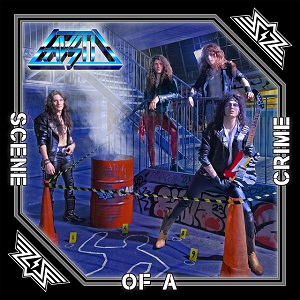DEVIN TOWNSEND – See The Light, Swim For Shore
December 8, 2022, 2 years ago
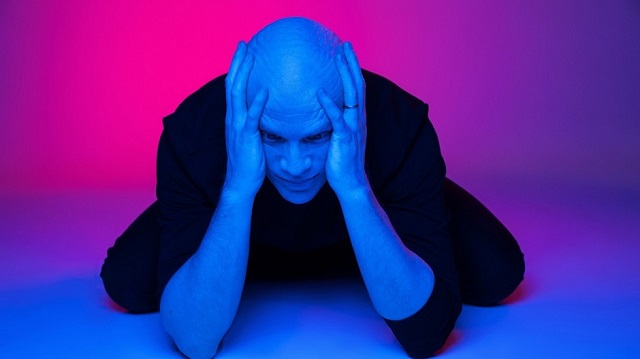
When Devin Townsend unleashed his pet project Strapping Young Lad's debut album, Heavy As A Really Heavy Thing, nobody knew what was in store for the future. Not even Townsend. He led the mostly-Canadian crew through five albums of inspired demolition and destruction from 1995 - 2006, putting smiles on the faces of many a rivet-head the world over, but simultaneously received pushback from the very same fans each time he strayed from the SYL formula. And he explored other avenues from the get-go. To be fair his early, less volatile ventures such as Punky Brüster (1996) and Ocean Machine (1997) were well received by some Strapping fans, but they ultimately and more importantly opened Townsend up to an entirely new music community that has continued to grow ever since. With a whopping 20 albums under his belt, not including SYL, Townsend has ironically gone far beyond metal (check out The New Black album from 2006 if you don't get the reference) and become a musical Everyman. His latest outing, Lightwork, continues this Outside The Hellbox "tradition", a light-hearted opus that hints here and there at Townsend's metal roots, and a comfortable follow-up to his Empath record from 2019.
Once upon a time, Lightwork would have been met with scorn and derision by this particular Strapping Young Lad fan. Now, it's a very welcome breath of fresh air.
"That opinion is shared by others, too," says Townsend. "We're about the same age, and I got to a point in my life where I just... on this particular cycle, life had taken so many ugly turns that when I sat down to write I thought, 'Do you want to write brutal anthems about any of that shit, or do you want to write something that makes you feel better?' That's what I chose. What's interesting is that I recognized during the pandemic, there are a lot of patterns in my life that I manage to keep repeating unconsciously for whatever reason. I realized that I'm not a masochist. Suffering is inevitable, but if I keep doing things that make it worse for me.... I think you can be forgiven for that if you don't know."
Fact is that at this point of Townsend's career, when he releases something new the diehard fans can be pretty sure they're going to get something they didn't necessarily expect or want.
"Totally," he agrees. "My hope is that the thing that binds all these disparate musical outpourings together is the authenticity. I did Lightwork because that's what I felt like doing, and that's it. There's no ulterior motive as far as I'm aware, and that seems to be appreciated by a certain faction of the audience more so than consistency (laughs)."
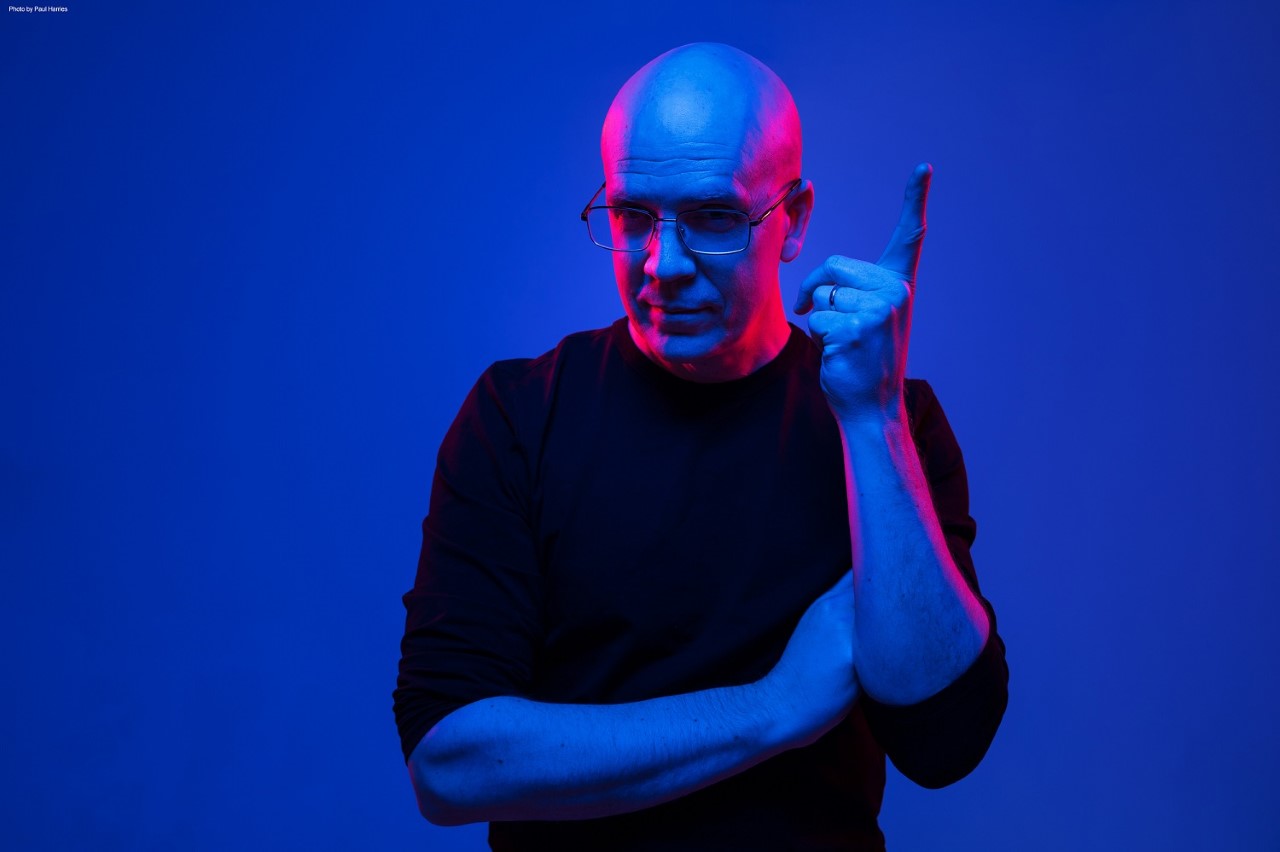
Prior to Lightwork, Townsend released The Puzzle, a sprawling pandemic-inspired multi-media project that included a companion album, Snuggles. He is well aware the venture went over most people's heads and was far from a rousing success, but it was a necessary creative purge in order to complete Lightwork.
"I think a lot of Puzzle had to do with having to relinquish a certain degree of control. I started writing Lightwork prior to Puzzle, but it was like as we got into that first year of the pandemic, the idea of making these lighthearted or linear songs wasn't in line with what the creative compulsions were asking for. What it was asking for at that point was fucking chaos, so anytime I tried to do anything other than that it would be tainted by some chaos. Finally, I decided I need to spend some time on Puzzle, and when I started getting into the concept and why it was important to me, so much of it was about having 60 other musicians contribute to something without me telling them what to do. Finding a way to navigate that was an analogy, I guess, for the pandemic to a certain extent. It was like, 'You can't control this, and you have to find a way to the end of this.' By doing that I was able to move on and finish Lightwork afterwards."
Lightwork saw Townsend team up with Canadian producer Garth Richardson. This was the first time he has worked with an outside producer since being tapped by guitar legend Steve Vai to sing on the Sex & Religion album in 1992.
"Precisely. The thing is that I've known Garth for a long time. He's a very talented dude and I care about him. I think a lot of it is - and I'm sure he would attest to the same - you get an unstoppable force and an immovable object, there's going to be a lot of compromise that's required. Some of that works really well, and there's going to be some other things that just don't work. I think for me, the function of the work for as long as I can remember, is to have songs that I've written during a certain period of time act as a soundtrack for that era, and hopefully to the learning that went into that era yielded. Lightwork is no different, and being out of my comfort zone with a co-producer, there was a lot to learn from that. We produced it together. Even though I'm amenable to relinquishing a certain amount of control, I realized by doing this record that some of the control I insist on is only because that's the way I can tolerate it."
"I don't think I'm the prime candidate for working with producers from this point on," Townsend adds, "but I will say that Garth did an incredible job. He had to fight for a lot of things. I didn't win all the things that I wanted, he didn't win all the things that he wanted, not that we look at it as winning and losing because we're both on the same team."
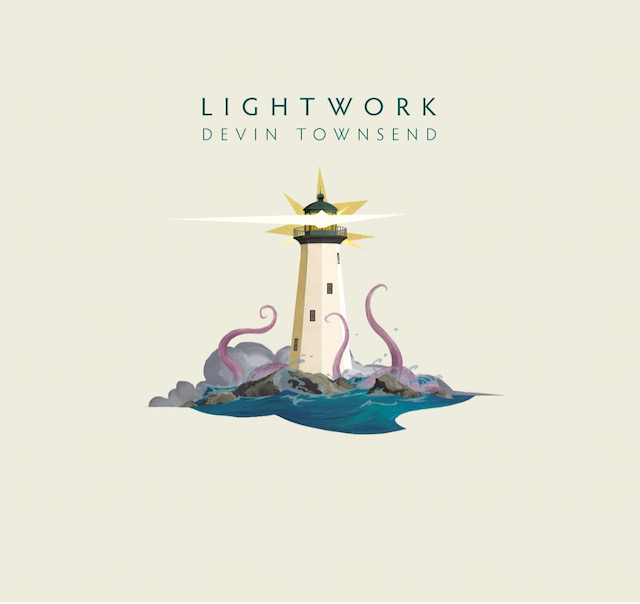
Opinions vary, but Lightwork's atmosphere is in line with records like Ocean Machine and Addicted. It is sonically lighter than both of those albums - no pun intended - but they all share that upbeat vibe even if / when the lyrics go the opposite direction.
"I appreciate that statement because that was the hardest part for me," Townsend reveals. "I had to write something that wasn't compounding the suffering of the pandemic period. It's like when people pass away or your life is in upheaval because of conflict or politics or money. All these things, the music and the lighthouse motif, acted as a way for me to keep my eye set on something that was productive rather than something that just made all the shit I was already dealing with 10 times worse. I really went out of my way to try and keep it light, optimistic, and something that was a lot simpler. Somebody asked me in one of my other interviews what I feel is my biggest success with this record is, and that's it. Amidst that particular period, the output was a big success for me."
Interestingly, Lightwork features an updated version of "Celestial Signals", which originally appeared in demo form on the Transcendence bonus CD, Holding Patterns, released in 2016. It sits perfectly with the newer material recorded for the album.
"If I'm being perfectly honest, it's one of those songs where I thought I could have done it better," Townsend admits. "When I re-did 'Kingdom' for Epicloud, it's debatable as to if it's better than the original version that appears on Physicist, but for me, when I have a vision in mind for a song, sometimes I don't quite hit the mark. Sometimes I hit it emotionally but not technically, and with 'Celestial Signals' I always remember thinking 'Man, if I can rearrange this slightly it would be a really cool song.' Especially after the one-two punch of 'Heartbreaker' and 'Dimensions', which is just weird for 10 minutes (laughs)."
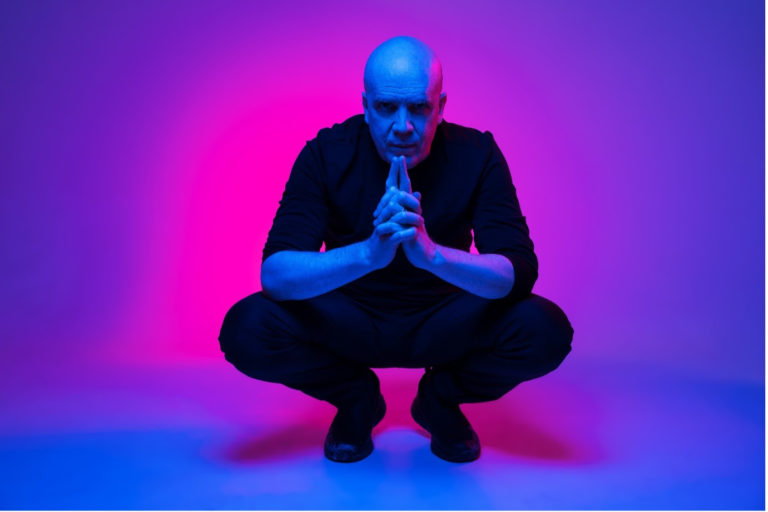
Townsend has a tendency to lay out his albums like soundtracks, regardless of the musical direction he takes. Lightwork is no different.
"It's always that way, and that's where it takes the longest time to get it right," he says. "I'm working with a team, though, and that was the difficult part of this record, when I realized that the thing that's going to make me be okay with this record is maybe going to be in opposition to what they want to do. I can certainly understand how that would be upsetting for people if we've had a certain trajectory for a long time and then, suddenly, I'm going to change it at the end. In my defence, my response to that is I don't know until I know. That's probably one of the main reasons I've been on my own for so long."
"All I know is I've spent time listening to Lightwork and I've been actively trying to dislike it. It's pretty simple, it's straight ahead and there are a couple weird parts, but when I get to the end of it I'm left with something that I find really helpful for me. My hope is that a handful of people will feel the same thing I do. I did the absolute best I could on it and I think it's really good."
(Photos – Paul Harries)


